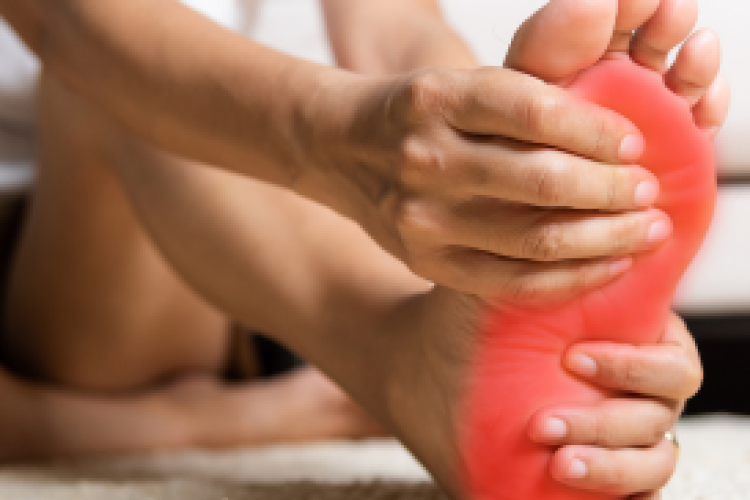
It’s common to have problems falling or staying asleep from time to time. But when sleep problems cause ongoing issues – such as daytime sleepiness, memory problems, or a bed partner who can’t sleep because of your snoring – it’s time to consult a doctor, says Anita Bhola, M.D., medical director of the Sleep Center at Montefiore Nyack Hospital.
“If you have ongoing sleep problems, it can be helpful to see a sleep specialist right away,” she said. “They can investigate and address the underlying cause of the problem, instead of simply prescribing a sleeping pill.”
The most common sleep problems seen by sleep specialists include obstructive sleep apnea and insomnia.
Obstructive Sleep Apnea
Obstructive sleep apnea is a serious sleep disorder that causes repeated breathing interruptions during sleep. Sleep apnea impacts a person’s quality of life, increases the risk of many chronic illnesses and raises the risk of accidents.
Sleep apnea occurs when muscles in the upper airways relax during sleep. This causes tissues in the upper airways to cave in, blocking the airways. When this happens, oxygen levels in the body temporarily drop, causing the person to repeatedly stir and awaken.
Most cases of sleep apnea are undiagnosed. Symptoms can include:
- Snoring (although not everyone who snores has sleep apnea)
- Breathing pauses during sleep
- Excessive daytime sleepiness
- Drowsy driving
- Erectile dysfunction in men
- Poor memory and concentration
To diagnose sleep apnea, the doctor will order an overnight sleep test, which is done in the hospital’s sleep lab. In some cases, the patient may do an at-home sleep test. The results may underestimate sleep apnea and may not be as accurate as an in-lab test, Dr. Bhola says.
The “gold standard” of sleep apnea treatment is called continuous positive airway pressure, or CPAP. This is a machine that delivers air under pressure to the upper airway by a nose or face mask, keeping the airway open during sleep. People with moderate or severe sleep apnea patients who have tried and failed CPAP could be candidates for Inspire, a device that is implanted under the skin beneath the collarbone. It delivers stimulation to the key airway muscle, the tongue during sleep, allowing the airway to remain open.
Insomnia
A person with insomnia may have difficulty falling asleep, staying asleep or waking up too early. “The cause of longer-term insomnia may not be known. Longer-term insomnia is often associated with depression or anxiety, or a medical issue such as acid reflux, or pain from arthritis or fibromyalgia,” Dr. Bhola said.
Certain medications such as steroids or beta blockers can cause insomnia if taken in the evening. Other causes include drinking caffeinated beverages, smoking close to bedtime or using electronics at night.
To improve your sleep, Dr. Bhola recommends:
- Shut off your devices at least a half hour or an hour before bedtime
- Stick to a regular bedtime and wakeup time
- Avoid alcohol 2-3 hours before bedtime
- Invest in a good mattress
- Sleep in a cool, dark room
“Sleep is extremely important – it’s when restoration and repair and healing of the body occurs,” Dr. Bhola said. “If you’re not getting 7 to 9 hours of continuous sleep on a regular basis, talk to your doctor about how you can achieve deep, continuous sleep that lets you feel rested and alert.”
If you’re not sleeping as well as you should be, schedule a consultation at 845-348-2209. Our sleep specialists will help you get the rest you deserve.



 Upcoming Events
Upcoming Events



